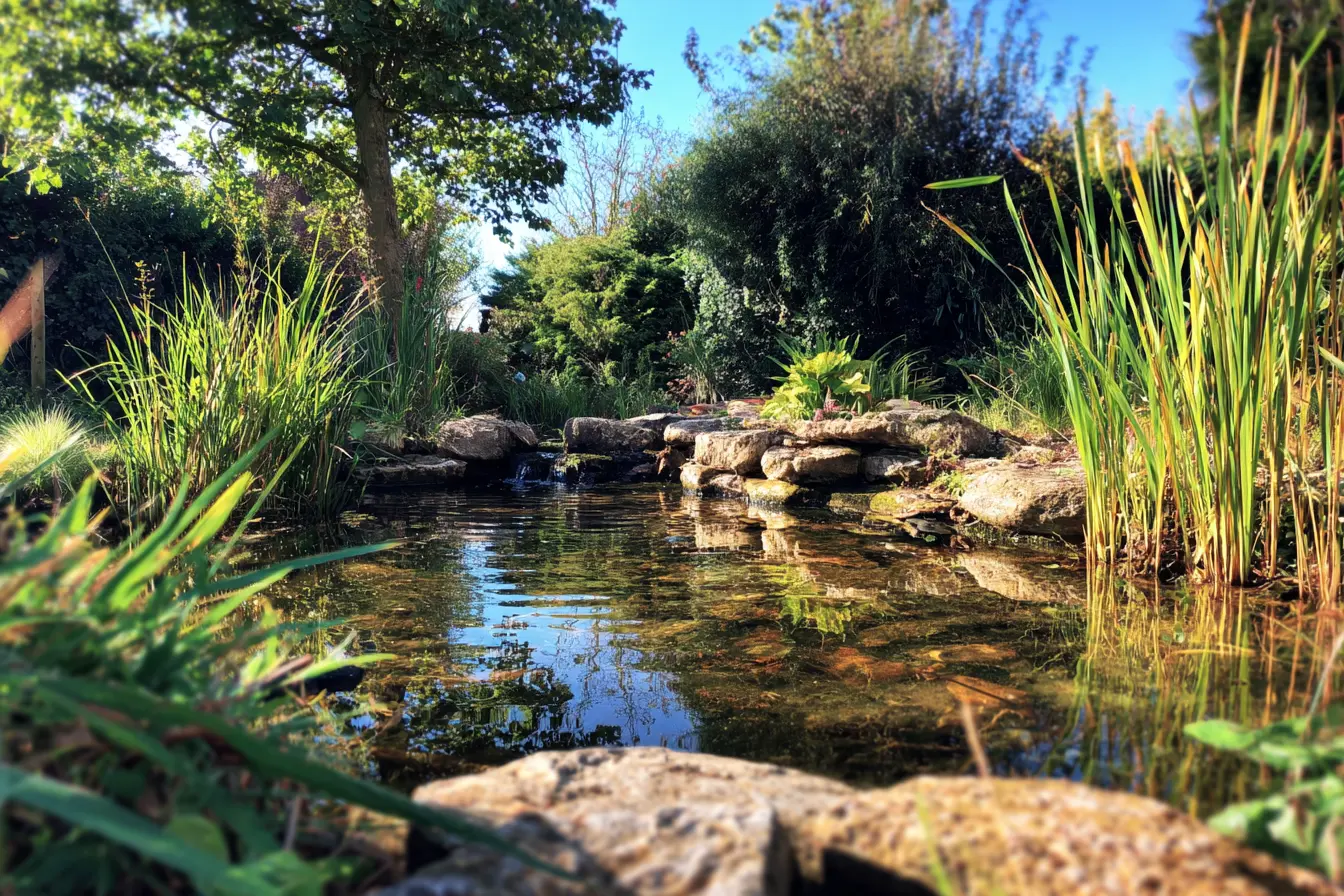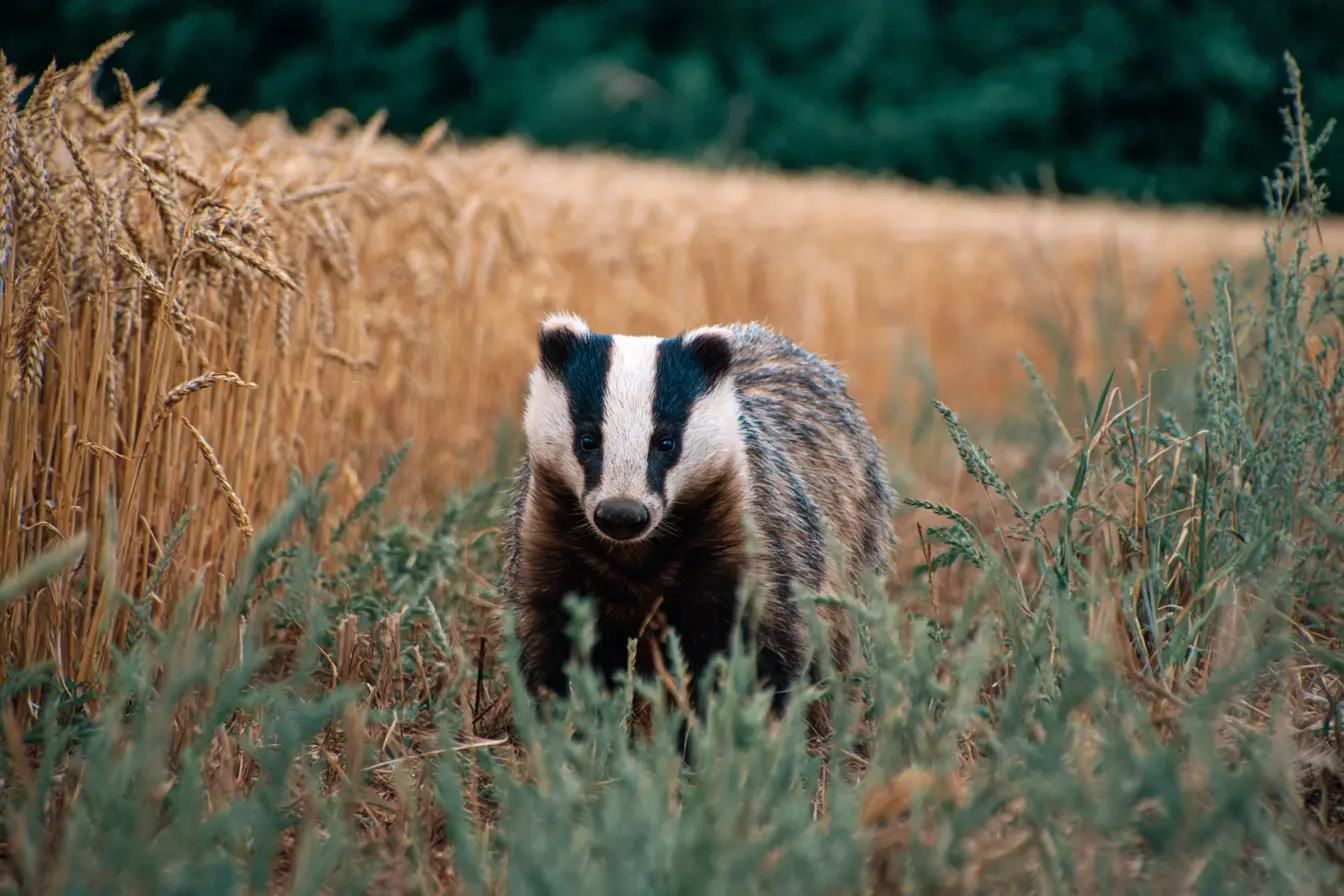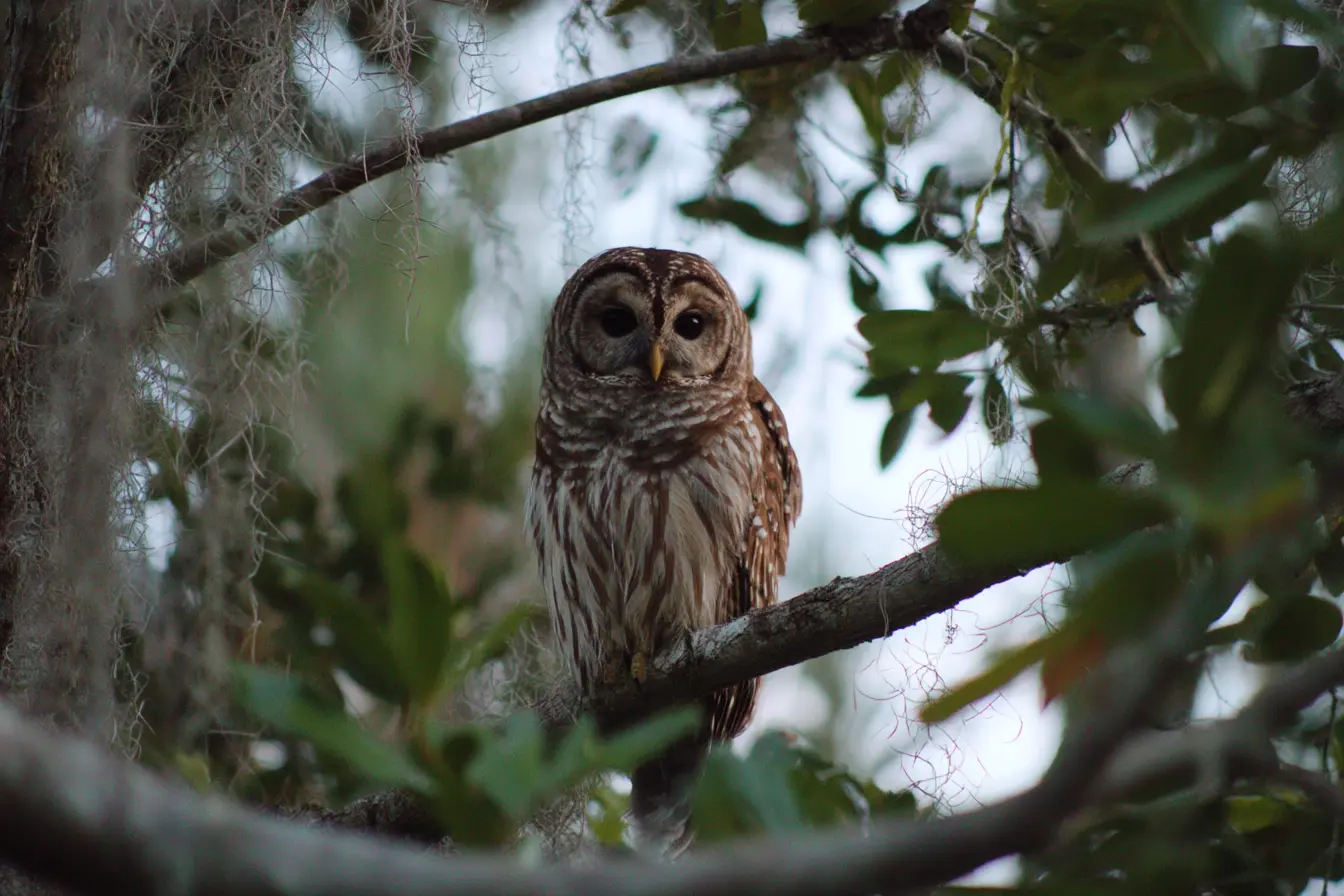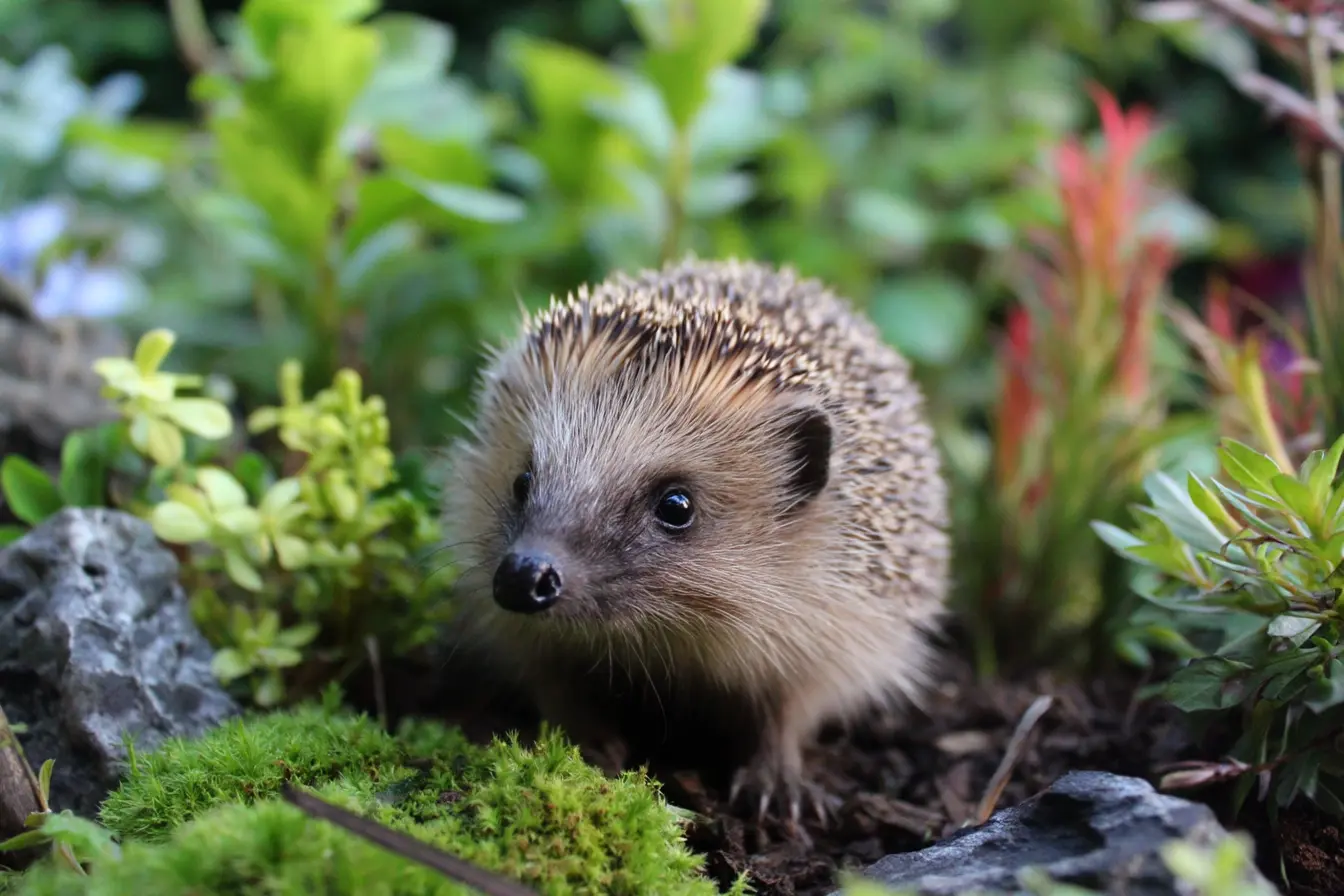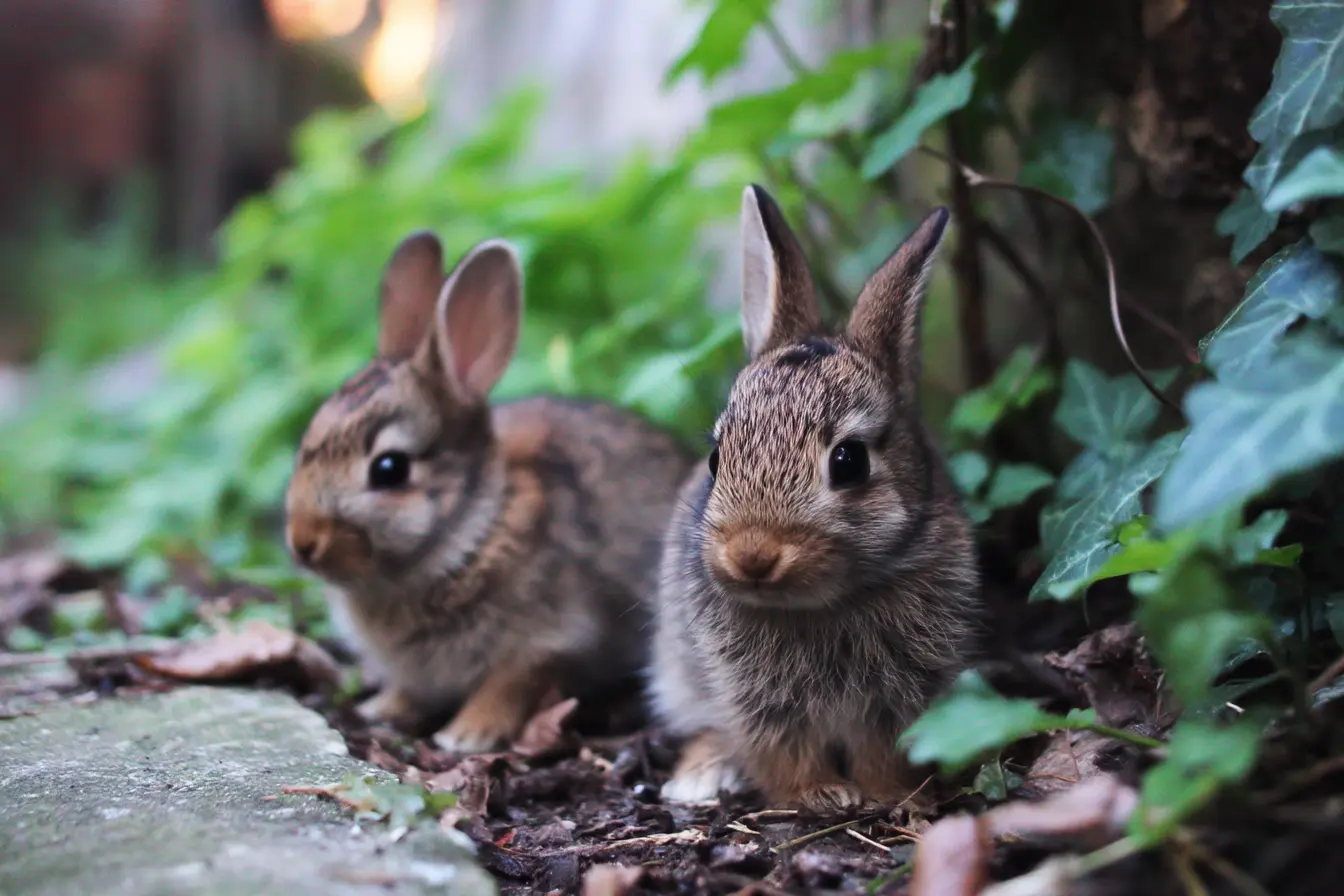
What to Do If You Find Baby Rabbits in Your Garden
Stumbling upon a nest of baby rabbits in your garden can be both delightful and worrying. You may wonder whether they’ve been abandoned, whether you should intervene, or how to keep them safe. In most cases, the best course of action is to leave them alone — but knowing how to assess the situation properly is key to making the right decision. This guide will explain everything you need to know about discovering baby wild rabbits (kits) in your garden in the UK.
Identifying Baby Wild Rabbits
Wild rabbits in the UK are most likely to be European rabbits (Oryctolagus cuniculus). Their young are called kits or kittens. They are born hairless and blind, but within a week they begin to grow fur, and by around 10 days old they open their eyes.
Typical signs you’ve found a rabbit nest:
- A small, shallow depression in the ground
- Light covering of grass, leaves, or fur
- Little to no odour or disturbance around the area
- Kits nestled together, usually silent and still
These nests are often made in open grassy areas, flower beds, or even under shrubs in urban gardens.
Why You Might See Them
Rabbit breeding season in the UK runs roughly from February to late summer, depending on weather conditions. A female rabbit (doe) can have multiple litters per year, each with 4–8 kits.
It’s not uncommon for people to accidentally uncover nests while gardening, mowing the lawn, or playing with pets. It’s important to understand what’s normal and what’s not, so you can act appropriately.
Should You Be Concerned?
In most cases, no. If the baby rabbits look healthy and the nest appears undisturbed, the mother is very likely still caring for them.
Mother rabbits are very secretive and only visit the nest once or twice a day, usually at dawn or dusk, to avoid attracting predators. She may be watching from a distance, and human presence can cause her to delay her return.
When to Take Action
You may need to help if:
- The nest has been destroyed or significantly disturbed
- The babies are cold, scattered, or clearly injured
- You know the mother has been killed (e.g. hit by a car or caught by a cat)
- Predators are threatening the nest (e.g. cats, foxes, dogs)
- The rabbits are less than 2 weeks old and alone outside the nest
What to Do If the Nest Is Intact
If the nest is undisturbed and the kits look warm and healthy:
- Leave them alone. Do not touch or move them unless absolutely necessary.
- If you’ve uncovered the nest while gardening, gently replace the covering of grass or fur.
- Mark the area with a stick or string in a cross pattern over the nest to monitor whether the mother returns (the pattern will be disturbed if she does).
- Keep pets and children away from the area for at least a week.
What to Do If the Nest Is Disturbed or Destroyed
If the nest has been disturbed but the babies are uninjured:
- Rebuild the nest using the original material if possible (grass, fur, dry leaves)
- Place the kits back together and cover them loosely
- Mark the nest to monitor for the mother’s return
If the kits feel cold, you can warm them gently in your hands before returning them. Warmth is essential for survival, but avoid using artificial heat sources which may overheat them.
What to Do If the Mother Has Not Returned
Check the nest 24 hours after your initial discovery using your marker. If it is undisturbed, the mother may not have returned.
If the babies are:
- Cold
- Crying or squeaking
- Crawling around outside the nest
- Significantly smaller than a tennis ball and eyes closed
Then they may require urgent care.
Do not attempt to raise them yourself. Wild baby rabbits are extremely difficult to hand-rear and most do not survive without specialist care.
Who to Contact
Reach out to a licensed wildlife rescue or rehabilitation centre as soon as possible. Provide the following information:
- Your location
- Number of kits
- Condition and age (eyes open or closed, warm or cold)
- What has happened to the nest or mother
Useful contacts include:
- RSPCA (England and Wales): 0300 1234 999
- Scottish SPCA: 03000 999 999
- Local wildlife hospitals or rabbit rescues
- The Rabbit Welfare Association & Fund (RWAF): www.rabbitwelfare.co.uk
Keep the kits in a quiet, warm, secure box lined with soft towels while you wait for help. Do not offer food or water unless instructed.
What Not to Do
- Do not take them indoors unless necessary. If the nest is safe and the mother is alive, interference can do more harm than good.
- Do not feed them cow’s milk, kitten milk, or formula — this can cause digestive failure.
- Do not release them elsewhere. Kits must stay near their birthplace or be taken to a specialist for care.
Preventing Problems
- Check your garden before mowing, especially in spring and summer
- Supervise dogs and cats around areas with long grass or dense shrubs
- Avoid disturbing wild-looking patches of grass during breeding season
- Teach children not to touch or move wildlife without adult guidance
Final Thoughts
Finding baby rabbits in your garden can be surprising, but they rarely need intervention. In most cases, their mother is nearby and doing her job quietly. By understanding rabbit nesting behaviour and knowing when to step in, you can ensure the best outcome for the kits — whether that means letting nature take its course or seeking help from professionals.
For more advice, visit Rabbit Welfare Association & Fund at https://www.rabbitwelfare.co.uk or contact your nearest wildlife rescue organisation.
Contents
Tags
Vets near you
Speciality vets
- Aquatics vet specialists
- Birds vet specialists
- Camelids vet specialists
- Cats vet specialists
- Cattle vet specialists
- Deer vet specialists
- Dogs vet specialists
- Equines vet specialists
- Exotic vet specialists
- Goats vet specialists
- Pigs vet specialists
- Poultry vet specialists
- Sheep vet specialists
- Small Mammals vet specialists
- Wild vet specialists
Vet facilities
- Accessible by public transport
- Blood testing
- Car park nearby
- Client car park
- Dentistry
- Diagnostic imaging
- Disabled public access
- Flea and worm treatments
- Microchipping
- Mobile services
- Neutering
- Open at weekends
- Out-of-hours service
- Referral interests
- Referrals only
- Street parking outside
- Toilets available
- Vaccinations
